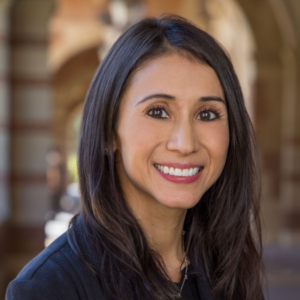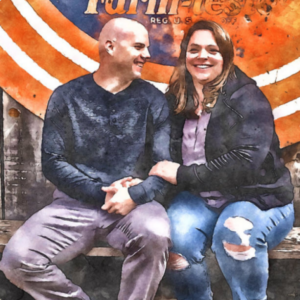QPI Co-Creators
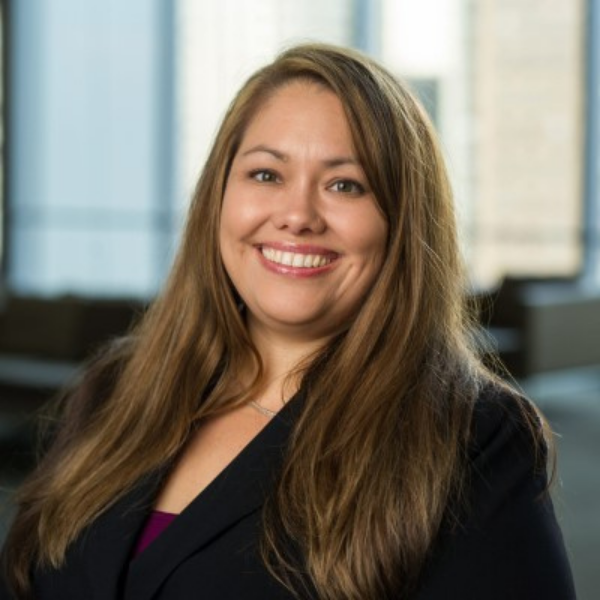
“My goal for my own children, and for every child who must grow up in foster care, whether that’s for years or for a day, is to ensure that whether they are loved and wanted by adults, and in this world as a whole, that that’s never a question. …QPI is about agency staff advocates, foster parents, birth, parents, youth, and community partners, all working together towards a common goal.“
Jennifer Rodriguez
Youth Law Center Executive Director & QPI Co-founder
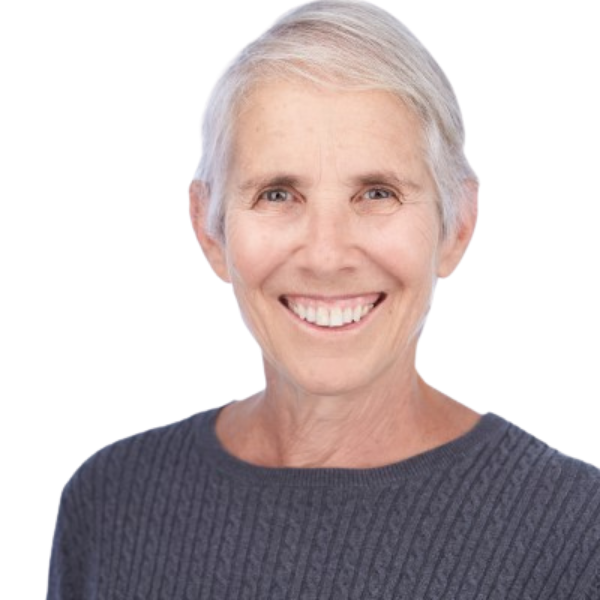
“We must change practice and policy so that everything we do reflects our mission to provide quality care and a better life for children and youth in the foster care and juvenile justice system.”
Carole Shauffer
QPI Senior Director & Co-founder
– Ashley A. Illinois
Leaders
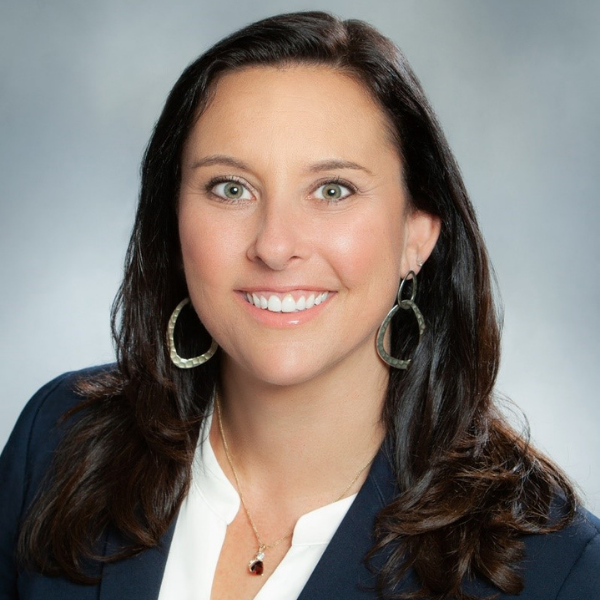
“QPI really helps us enhance the partnership that happens between parents, caregivers, and our social workers because it really takes that whole team working together to make sure that child stays stable and they have what they need.”
– Kimberly Giardina
Director of Child County and Family Well-Being of San Diego
– Ashley A. Illinois

“More than any other player, the Youth Law Center has changed the way we think about our function. They focused on trying to look at children’s services system through the eyes of children themselves… and reframing the value set.”
– Will Lightbourne
Former Director of California Department of Social Services
Champions
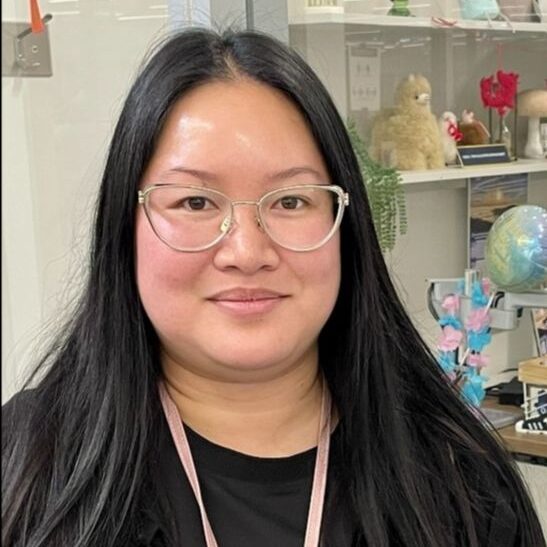
“I have learned that QPI is a movement and a much-needed positive perspective on how we can strengthen relationships to provide consistency for children and youth that are involved with the child welfare system. I look forward to championing excellent parenting and being a part of this culture shift.”
– Tina P.
Social Work Supervisor
California

“Being a QPI Champion has given me a more compassionate lens through which to view child protection cases. Through training, education, and shared stories of lived experiences, I have been given the ability to see scenarios from multiple different viewpoints. Even after over a decade of experience in the field, I have a new understanding and empathy for birth parents, foster parents, and youth alike who are a part of the child protection system.”
– Tara H.
Foster Care and Adoption Case Manager
Minnesota
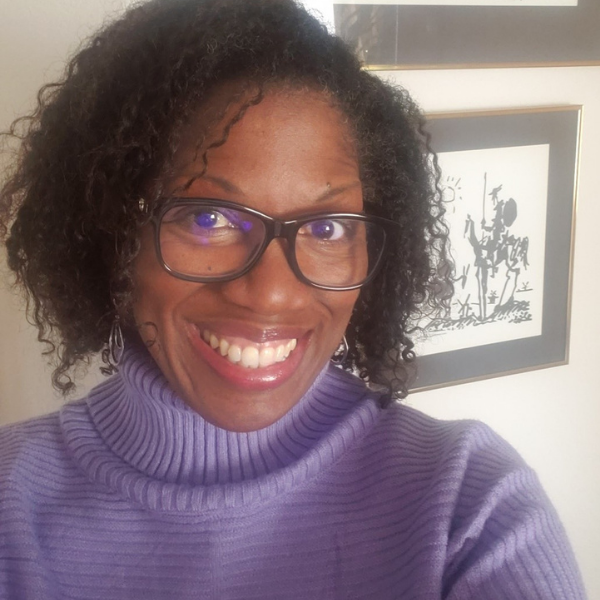
“After participating in the QPI training, I have a greater understanding and feel better equipped to serve with HEART (Helpfulness, Expertise, Attentiveness, Respect, and Timeliness) when supporting parents, resource parents, children, and youth in care.”
– Shlyn G.
Senior Protective Services Worker & Community Outreach Liaison
California
Lived Experience
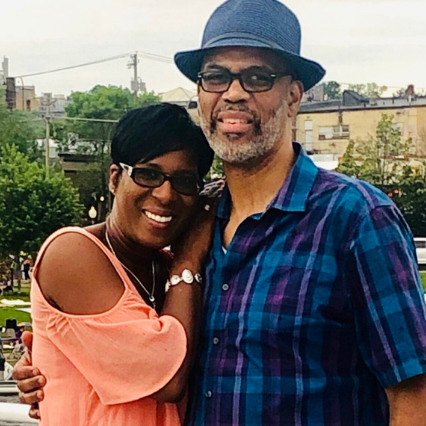
“The kids were just overjoyed that they had this network of aunties that knew their language, knew their culture, were a part of their culture and that me and my husband were connected. It was huge for the kids. That’s one of our biggest hopes that we can achieve, to get more homes that are culturally specific to the children that are in placement.”
– Darlene B.
Foster/Resource Parent
Minnesota

“Birth parents often miss key moments like the first day of school. Foster families should support biological families by encouraging their involvement, such as letting them join school drop-offs or help with homework. Reflecting on my own experiences, I understand the struggles our families face. As a QPI Champion, I advocate for supportive changes that benefit both birth and foster families.”
– Janel N.
Birth Parent
California
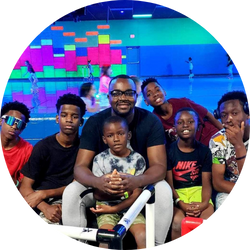
“A lot of kids in my community don’t have that outlet and they don’t have anyone to look up to... The most important thing that I learned through QPI is love. Love is the most important thing that we can give to these kids.”
– Willie C.
Foster/Resource Parent
Louisiana
– Jennifer J. Florida
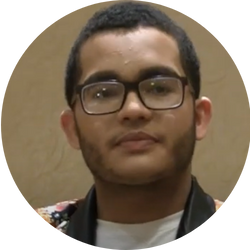
“She [foster mom] always made me push for excellence. If I hadn’t known she was behind me 110% I don’t think I would have done nearly as well. Even if it’s just a soccer game or just a maths test that parental support is so paramount to a child’s success.”
– Anthony N.
Youth
Florida

“A tip that I would have for any foster parents or workers that come in to work with these teens is to be patient. You need to be loving and empathetic because most times these kids have never had that. They don’t know what it’s like to have an adult say okay I understand and I’m going to be there for you.”
– Anna A.
Youth
Nevada

“My foster parents supported me mentally and emotionally in ways a group home could not. They laid a strong foundation by tapping into their community, building a village of support before becoming foster parents. Because they had support, they could support and love me. In group homes, I felt like storage—a kid in storage. With them, I felt love and parenting.”
– Taina A.
Youth
Florida
Legal Partners
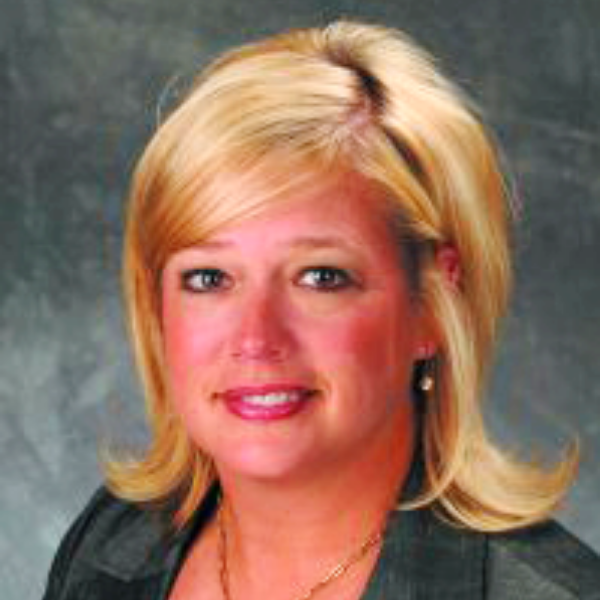
“As a juvenile court judge, I am already seeing the difference QPI makes as foster parents come into my courtroom. When they are treated as partners with staff, it enhances the quality of care for our foster children. More than any other player, the Youth Law Center has changed the way we think about our function. They focused on trying to look at children’s services system through the eyes of children themselves… and reframing the value set.”
– Judge Blair Edwards
21st Judicial District of Louisiana
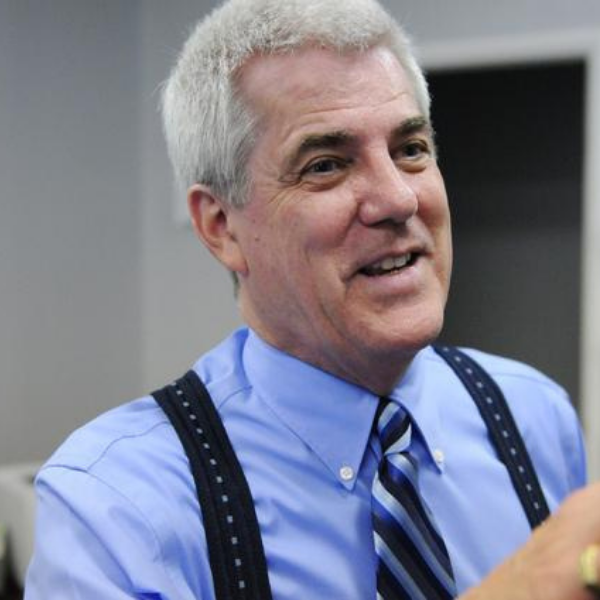
“When I heard about QPI with the quality about folks on relationships it made perfect sense…I think the underlying premise is that every child deserves excellent parenting everyday. That is excellent parenting and strong relationships.”
– Judge Frank Sullivan
Eighth Judicial District Court of Nevada
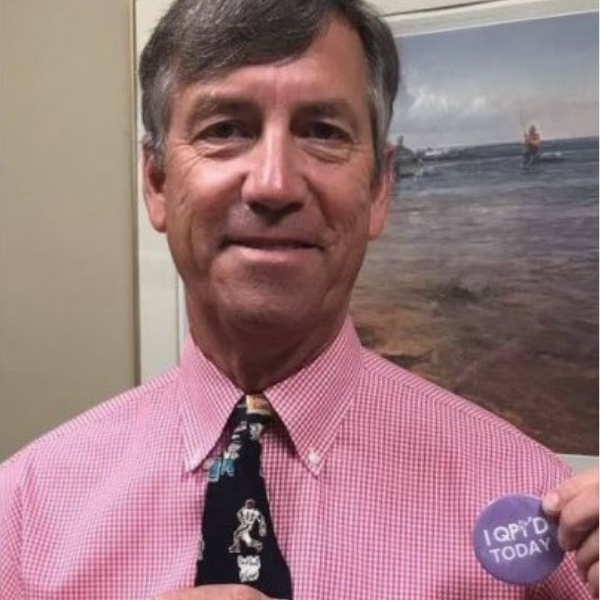
“The reason that I was so interested and so anxious to have QPI come was at the time that I was doing this work and the time we started talking about it there was a serious disconnect for me between the bio parents and the foster parents and what I thought the role was at the time. Fast forward four years and I’m thrilled our department of children family services bought in, hook line and sinker, for the QPI approach.”
– Judge Thomas Duplantier
15th Judicial District Division of Louisiana
Researchers
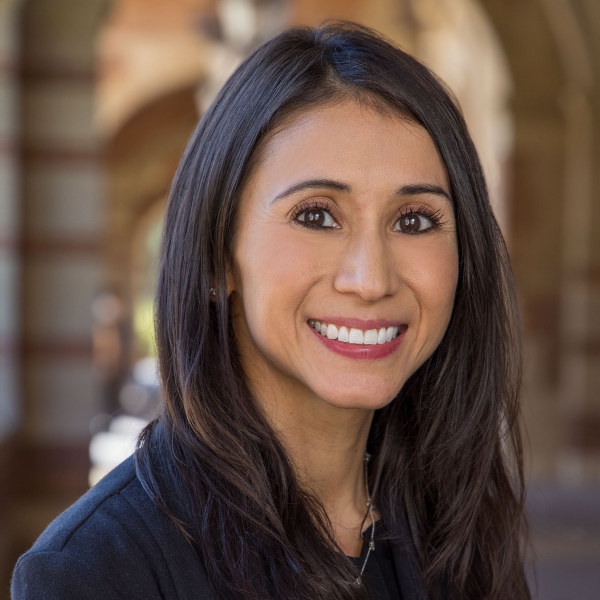
“Invest in adolescence. Convenings such as these [QPI National Conference], organizations like the Youth Law Center that draw attention to the importance of adolescence and setting up adolescence for success by putting in place policies and programs that do just do that are really important.”
– Dr. Adriana Galván
Professor of Psychology UCLA
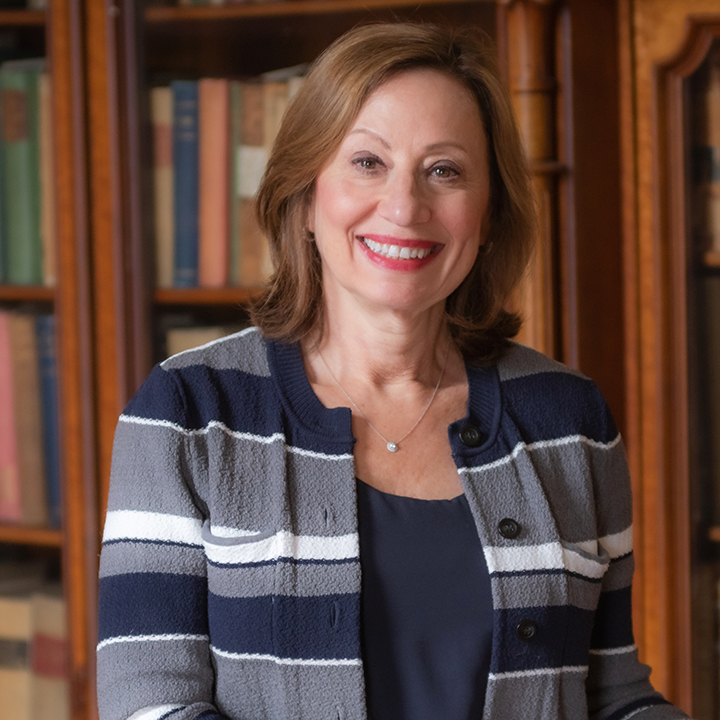
“Providing support, smiles, hugs, a shoulder to cry on I’m sure these are things you know about already. But giving them an organization to think about. How can I show adolescents that they’re safe, secured, valued, and cared for in what I do?“
– Dr. Wendy Grolnick
Professor of Psychology Clark University

“Instead of leaving children’s futures to chance, why don’t we intentionally stack the deck in favor of the things that matter to children and adolescents?”
– Dr. Charles Zeanah
Mary Peters Sellars-Polchow Chair in Psychiatry, Professor of Psychiatry and Pediatrics at the Tulane University School of Medicine in New Orleans



